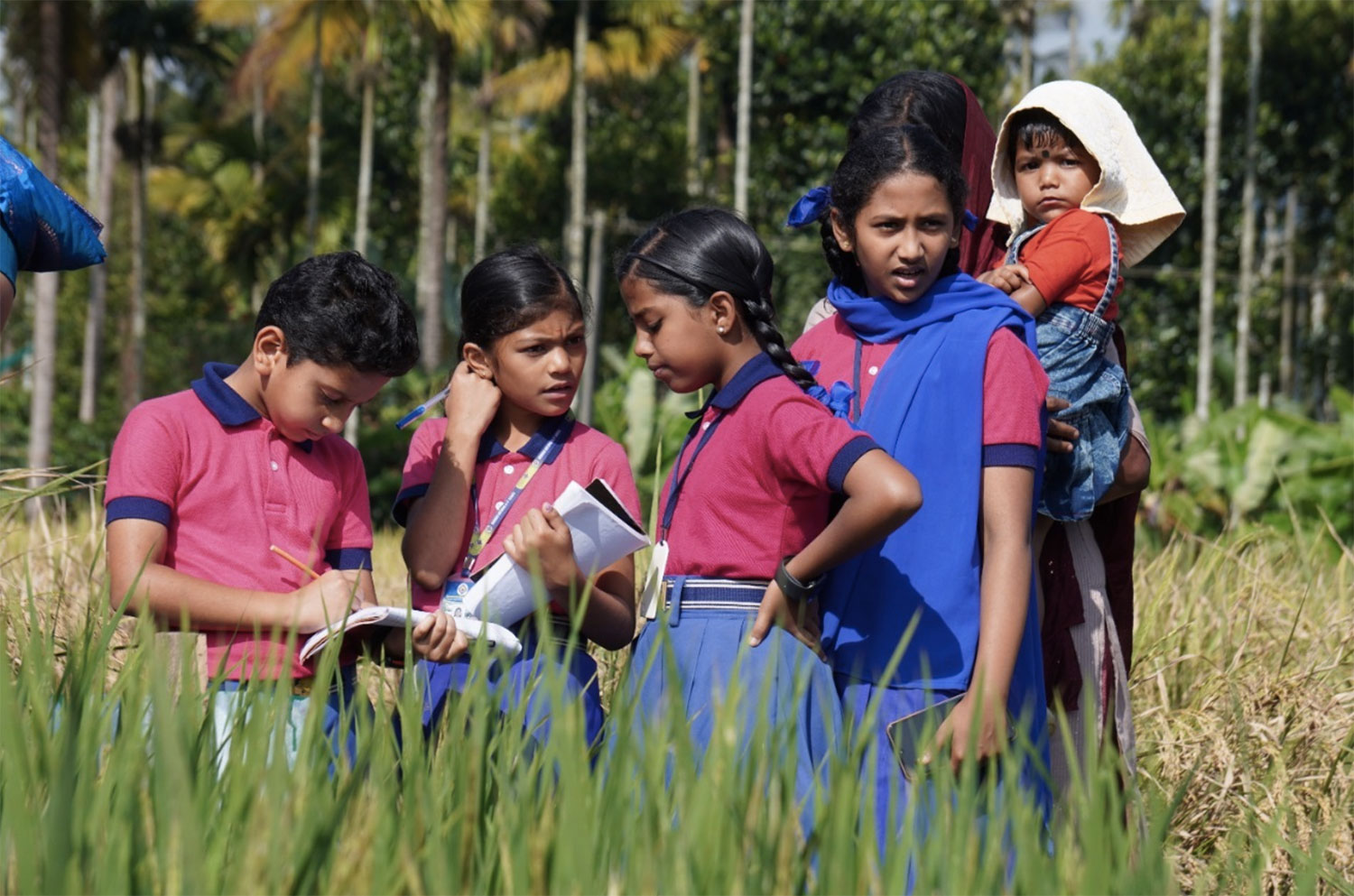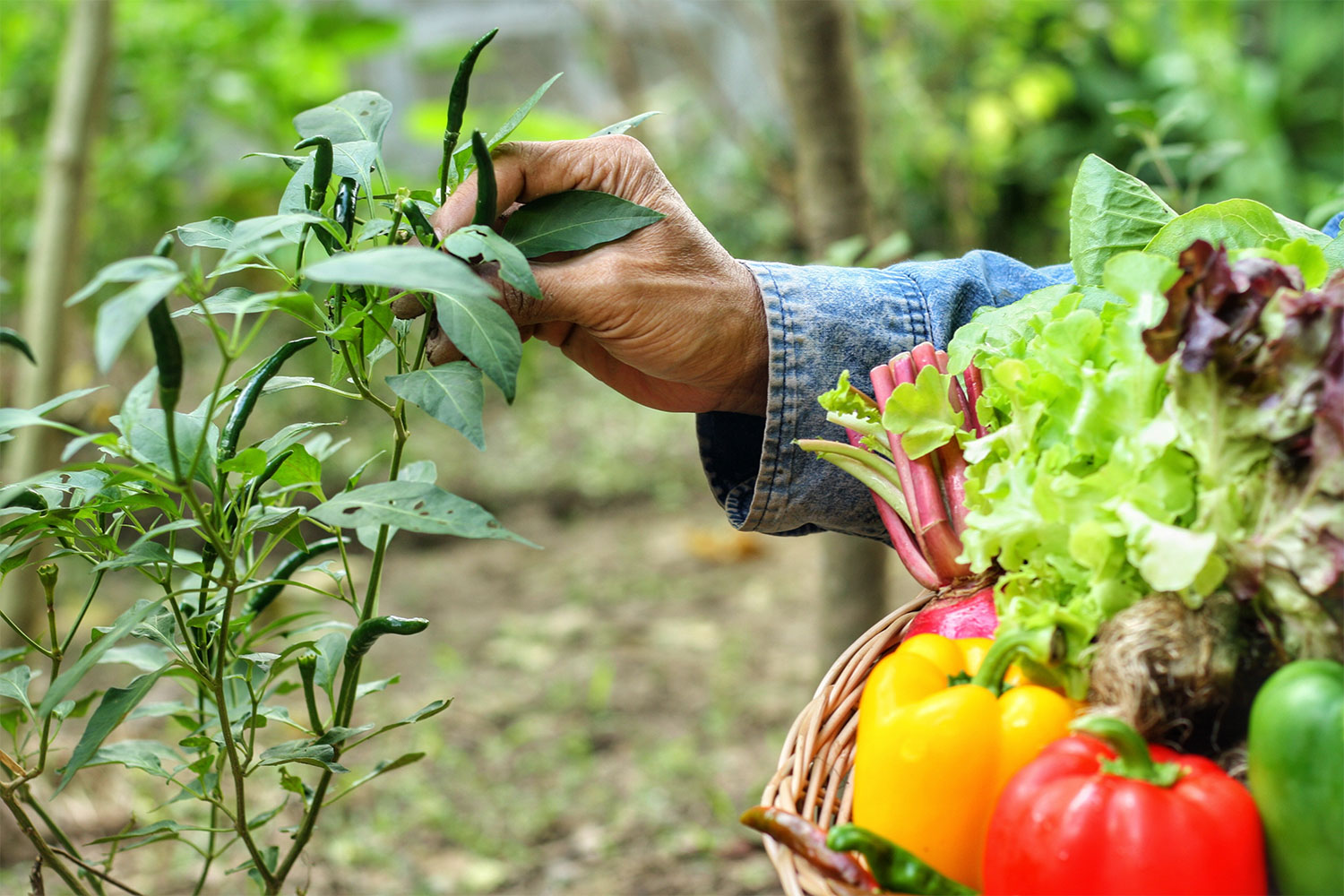Large-scale commercial farming systems that promote genetic engineering of crops, backed by research and development initiatives by agrochemical TNCs is no longer the best choice to feed the world today. According to De Schutter, biodiversity-based ecological agriculture projects “have shown an average crop yield increase of 80 per cent in 57 developing countries.” While biodiversity-based ecological agriculture promises a better alternative to combating hunger and mitigating the effects of climate change, it greatly requires public policies supporting research and development extension services. Private companies such as the agrochemical TNCs will not invest time and money in such ecological practices that will rob them of income from patents and sale of chemical products.Biodiversity-based ecological agriculture is a farming system in harmony with the environment and the community. It involves peasant-led initiatives based on generations of traditional farming that ensure productive and sustainable agricultural production free from the use of hazardous chemicals. Small-scale farming communities in Asia have a wealth of farmer-based wisdom in terms of seed conservation and crop production. All we just need to do now is to recognise these initiatives and let the small food producers feed themselves and the world.



